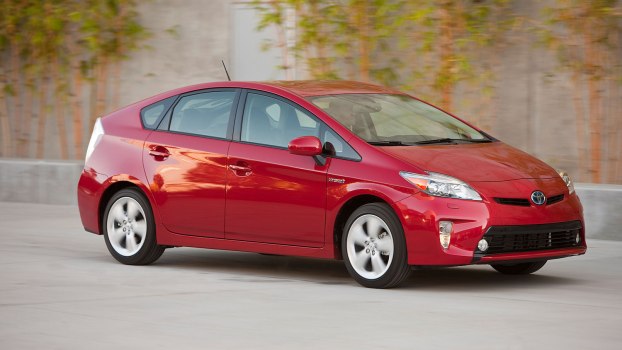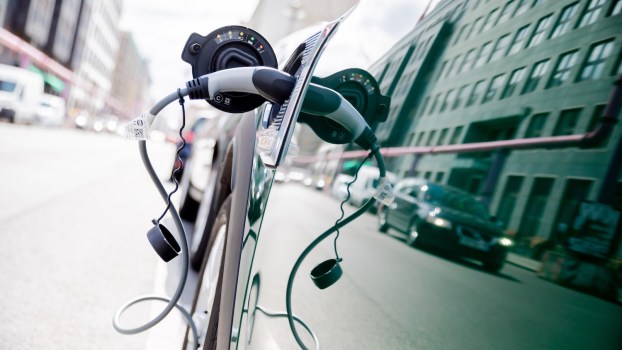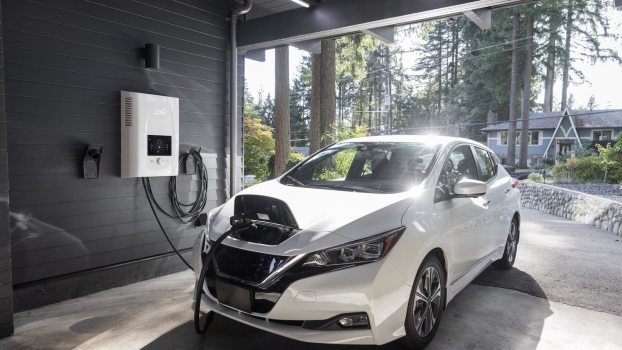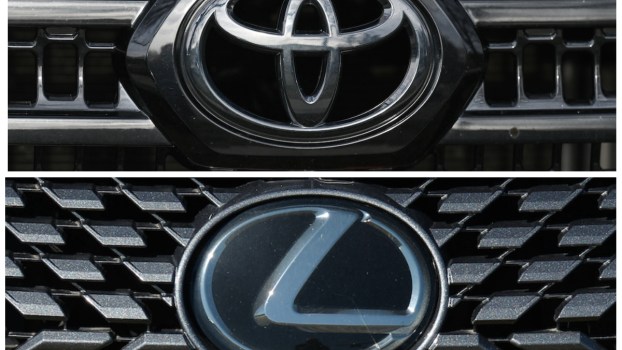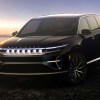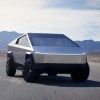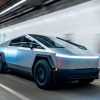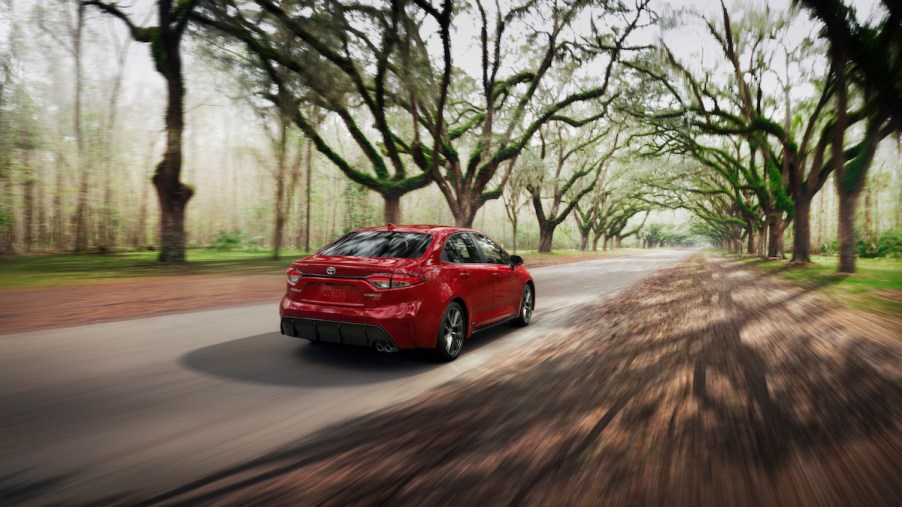
Hybrids Are Still More Reliable Than PHEVs and Electric Cars
Consumer Reports has conducted yet another car reliability survey. While there were some unsurprising findings, the recent survey also shed some light on the reliability of new EVs and hybrids. As it turns out, the EV segment isn’t that reliable, and hybrid cars tend to be more reliable overall. Here’s a look at why hybrids may be more reliable than EVs, as well as the particular hybrid and EV models that scored well or didn’t score well.
The general findings of Consumer Reports’ latest survey
Consumer Reports ranks every new vehicle’s predicted reliability, based on data its gathered on the same make and model. It collects this data by regularly surveying all its members on their experience with their personal vehicle. Then it releases a yearly ranking of the most reliable vehicle segments and automaekrs.
According to USA Today, sedans are one of the most reliable segments, yet again. Some sedans even saw improved reliability ratings, such as the Toyota Corolla Hatchback.
Pickup trucks, on the other hand, are still the least reliable segment overall. This isn’t a surprise for truck owners, as trucks tend to require maintenance over the years. A somewhat surprising finding, however, has to do with the fact that the Toyota Tundra saw a decrease in its reliability score. This is due to the 2022 Toyota Tundra’s all-new drivetrain being as-yet untested. Hopefully the third-generation Tundra will soon prove itself as reliable as every other Toyota.
Why hybrids may be more reliable than EVs
This latest reliability survey also showed that EVs and other types of plug-in vehicles are less reliable than traditional hybrids. For example: the Toyota Prius Prime was less reliable than the regular Prius. Like the latest Tundra, the PHEV Prime trim is a comparatively new drivetrain for the time-tested Prius. It may simply take a few generations for Toyota to get it up to its usual standards.
In the past, EVs primarily had issues relating to their infotainment system, and this was similar to the infotainment issues that were on other cars. However, now that more people are driving EVs, more people are also reporting issues unique to EVs, such as problems with their electric motors or batteries.
This may explain why the Ford Mustang Mach-E, which used to be recommended by Consumer Reports, lost its recommended badge as its reliability rating decreased. The Mach-E now has a below-average reliability rating, similar to what the Hyundai Kona Electric, the Volkswagen ID.4, and the Chevy Bolt have. The Bolt, in particular, recently went through a massive recall campaign due to an issue with its battery.
A lot of hybrids saw improved reliability ratings too
In comparison, non-plug-in hybrids seem to have few reliability issues. Many hybrids even saw an increased reliability score this year. Three hybrids had such a significant reliability increase that the car critic gave them recommendations.
One of those hybrids was the Ford Escape Hybrid, which had fewer issues than the regular version of the Escape had. As a result, the regular Escape doesn’t have a recommendation, but the Escape Hybrid does.
The Escape Hybrid has a fuel economy of 44 mpg in the city and 37 mpg on highways, for 41 mpg combined. The Hyundai Santa Fe Hybrid is another hybrid that received a recommendation due to how reliable it was. The Hyundai gets 33 mpg in the city and 30 mpg on highways, for 32 mpg combined. The last hybrid that received a new recommendation was the Kia Sorento Hybrid. The Kia hybrid gets 39 mpg in the city and 35 mpg on highways, for 37 mpg combined.
So what’s up with these higher reliability ratings for hybrids? A traditional hybrid vehicle has an electric motor/generator unit that helps with both acceleration and braking. This means less wear-and-tear on both the internal combustion motor and regular hydraulic brakes. This electric motor/generator and the high-voltage battery that goes along with it will wear out eventually. But the latest generation of hybrids feature a motor/generato and battery that will last as long as the rest of the drivetrain.
